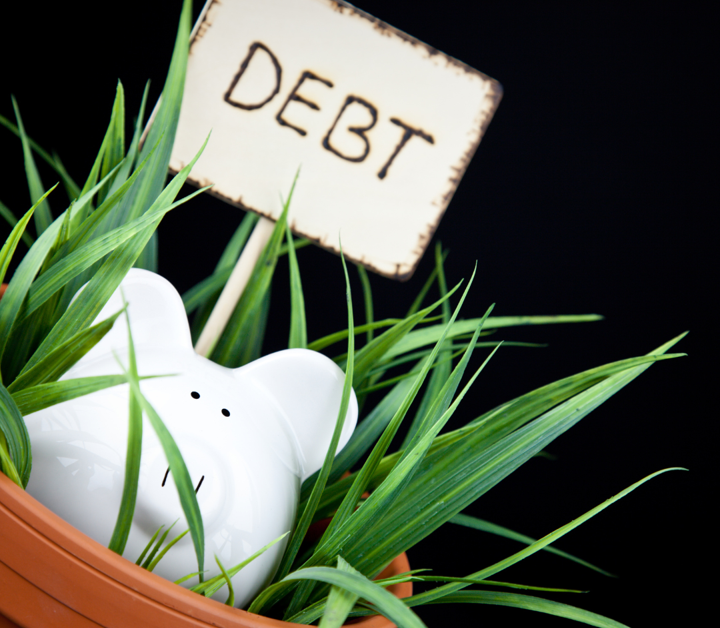
There are countless reasons to stay awake at night: dreaming of your next vacation, getting lost in a good movie, or delving into an interesting podcast. But one thing that shouldn't keep you up? High-interest debt.
US households have been facing a significant increase in non-mortgage debt payments, nearly matching what they traditionally spend on mortgage interest. According to an article from Bloomberg.com:
“Non-mortgage interest payments climbed to an annual rate of $573.4 billion in January. That’s the highest on record even after adjusting for inflation — and within a hair’s breadth of the $578.3 billion in annual mortgage interest that households were shelling out as of the last quarter of 2023.”
This shift prompts a closer look at how homeowners can effectively manage their financial burdens.
Understanding the Trend
We're seeing a remarkable change where interest payments on non-mortgage debt, like credit cards and student loans, have surged to record levels, nearly equaling mortgage payments. According to the Fed:
“The typical charge on a credit card has climbed to a record above 20%.”
This is a departure from the usual pattern where mortgage payments typically outweighed other forms of debt, can be attributed to various factors.
-
Millions of Americans took advantage of the low-rate home loans in the post-2008 decade or even lower rates early in the pandemic, shielding those debts from the Federal Reserve's subsequent increase in borrowing costs.
-
Other types of credit, which have grown faster than mortgage loans since the Great Financial Crisis, have seen a significant increase in servicing costs since 2022.
Impact on Household Finances
The rapid growth in consumer debt has raised concerns about potential defaults. Many households, particularly those with lower incomes, have ended up resorting to the costliest types of debt.
Exploring Mortgage Refinancing Solutions
Imagine consolidating all your debt into one manageable payment, bidding farewell to those sleepless nights spent worrying about high-interest debt. Homeowners can consider mortgage refinancing as a solution.
Greenway Mortgage offers tailored refinancing options to improve financial stability and reduce homeownership costs.
-
Refinancing Your Mortgage: By refinancing existing mortgages at lower interest rates, homeowners can instantly reduce their monthly payments, providing immediate relief to financial burdens.
-
Cash-Out Refinance: Tap into your home's equity to pay off high-interest debt in one fell swoop, leaving you with a single, more manageable monthly payment. Learn about the benefits of a cash-out refinance here.
-
Consolidation with Home Equity Loans: Homeowners can leverage their home's equity to consolidate high-interest debts, such as credit card balances or student loans, into a single, manageable loan. By refinancing your debt at a significantly lower rate than your current payments using the equity in your home, you can achieve considerable savings with a reduced monthly payment.
Benefits of Refinancing
Sure, refinancing your mortgage may mean a slight change in your interest rate, but compared to the relief of wiping your slate clean, it's a small price to pay.
By securing lower interest rates or extending loan terms, homeowners can significantly reduce monthly mortgage payments, freeing up resources for other financial obligations.
This consolidation not only simplifies debt management but also paves the way for substantial long-term savings.
Bottom Line:
As households navigate rising debt payments, strategic solutions like mortgage refinancing offer a pathway to financial resilience.
If you're ready to take control of your financial future, Greenway Mortgage is here to help. Reach out today, and let's explore all your options together.
It's time to say goodbye to sleepless nights and hello to financial freedom!


.png)

